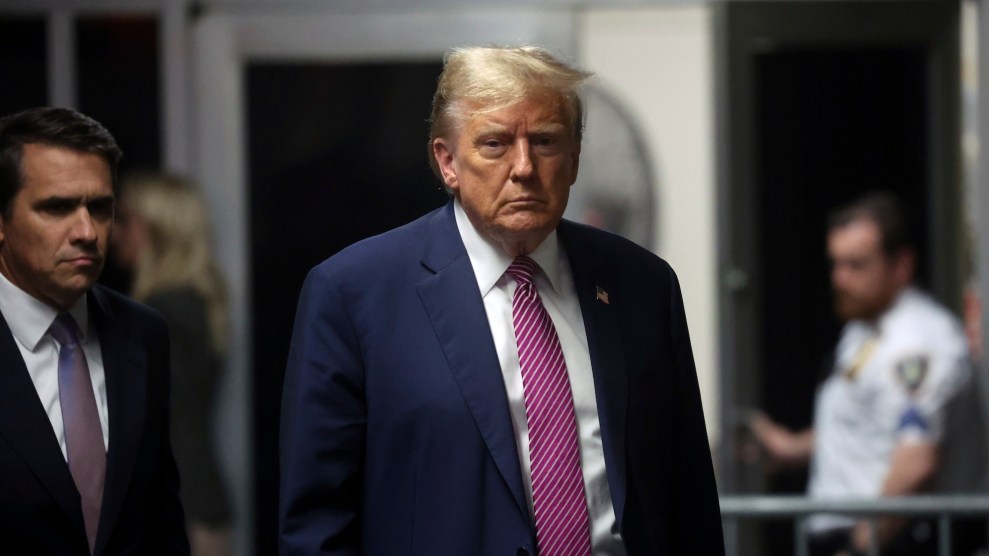There’s a decent case to be made that President Obama has done about as well as he realistically could have on the economy. Sure, he underestimated the depth of the Great Recession, but it didn’t matter that much. Congress was never going to pass a much larger stimulus than it did, it was never going to pass cramdown, bailing out the banks was ugly but necessary, etc. etc. Given the political realities, what more of any significance could he have done?
Today Brad DeLong produces about the best answer I’ve seen yet:
- Use Reconciliation to get a second stimulus through Congress in the fall of 2009.
- Expand the PPIP to do $3 trillion of quantitative easing through the Treasury Department.
- Have a real HAMP to refinance mortgages.
- Use Fannie and Freddie to (temporarily) nationalize mortgage finance, refinance mortgages, and rebalance the housing market.
- Announce that a weaker dollar is in America’s interest.
- Nominate a Fed Chair who takes the Fed’s dual mandate seriously and pursues policies to stabilize the growth of nominal GDP.
- Appoint Fed governors who take the Fed’s dual mandate seriously and support policies to stabilize the growth of nominal GDP.
- Take equity in the banks in January-March of 2009 and keep them from lobbying against financial reform.
- Use Reconciliation to pass an infrastructure bank.
- Use TARP money as a mezzanine tranche to fund large-scale additional aid to states and localities to reduce their fiscal contractions.
My own guess is that #6 and #7, though desirable, probably wouldn’t have made too much difference. And #1 and #9 both would have required reconciliation instructions to be written by April 2009. That was only a couple of months after the stimulus bill had passed, and at the time the House and Senate were willing to include reconciliation instructions in the budget resolution only for healthcare and education funding. Perhaps Obama should have pushed harder for open-ended instructions, but at the time the administration and Congress both thought the 2009 stimulus would be enough. Obviously that was a mistake, but broadly speaking, that was the mistake, not all the subsequent details that resulted from that original misjudgment.
Still, even if my understanding of the reconciliation process is right — and I’ll accept correction from anyone who’s an expert — that leaves six strong ideas plus two more that would have been worthwhile even if their effect would have been modest. Not bad.

















